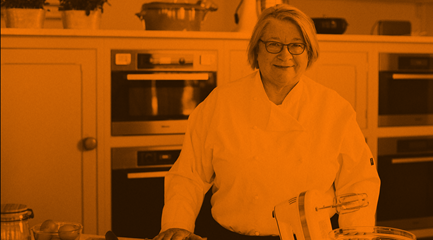Did you know that the most dangerous time to be in your home is on a Saturday at 6.30pm?
A study by Electrical Safety First has identified that risky behaviour in the home is leading to a huge number of accidents, which peak on Saturday evenings when four accidents take place every second. Our ‘Home Safe’ campaign highlights that even the smallest mishap can lead to devastating consequences.
This is the result of the increasing number of unnecessary risks we take, which range from overloading sockets to fixing appliances that are still plugged in and using power tools without RCD protection. Over 6 million of us are guilty of taking batteries out of smoke alarms to silence them and 2.5 million have tried to dry objects in the microwave!
On average, Saturday at 6.30pm is considered to be the most dangerous time to be at home, although our research showed that the riskiest days and times can be different, depending on your age and lifestyle.
For example, the most dangerous day for a student is Wednesday. They are most likely to start a small fire in the kitchen (12%) and at the same time most likely to remove batteries from smoke alarms (21%) and 13% of students admit to having tried to dry clothes or other objects in their microwaves!
The consequences of taking risks around the home can be serious – electricity alone causes many deaths a year and even more serious injuries – and the number of fires has increased by 10% in the last year. House fires, (a third of which were caused by the misuse of electrical appliances) resulted in almost a billion pounds worth of damage last year and caused 258 deaths, of which 146 occurred in homes without a working smoke alarm.
House of Horrors
Don't risk turning your home into a "house of horrors" - our family of monsters pays the price for ignoring electrical safety in their home!
Other Hazards
Electricity is not the only risk in the home. The organisations below offer advice that will help you keep your home safe from gas, water and fire hazards.
Gas Safe
The Gas Safe Register has details of gas engineers who are registered to work safely and legally on boilers, cookers, fires and all other gas appliances. The website also offers gas safety tips and advice on avoiding Carbon Monoxide poisoning.
Association of British Insurers
Advice on burst and frozen pipes - how to deal with them, and how to avoid them in the first place.
Fire Kills
Fire safety tips and a reminder to regularly test your smoke alarms.
More posts by Penny Walshe



